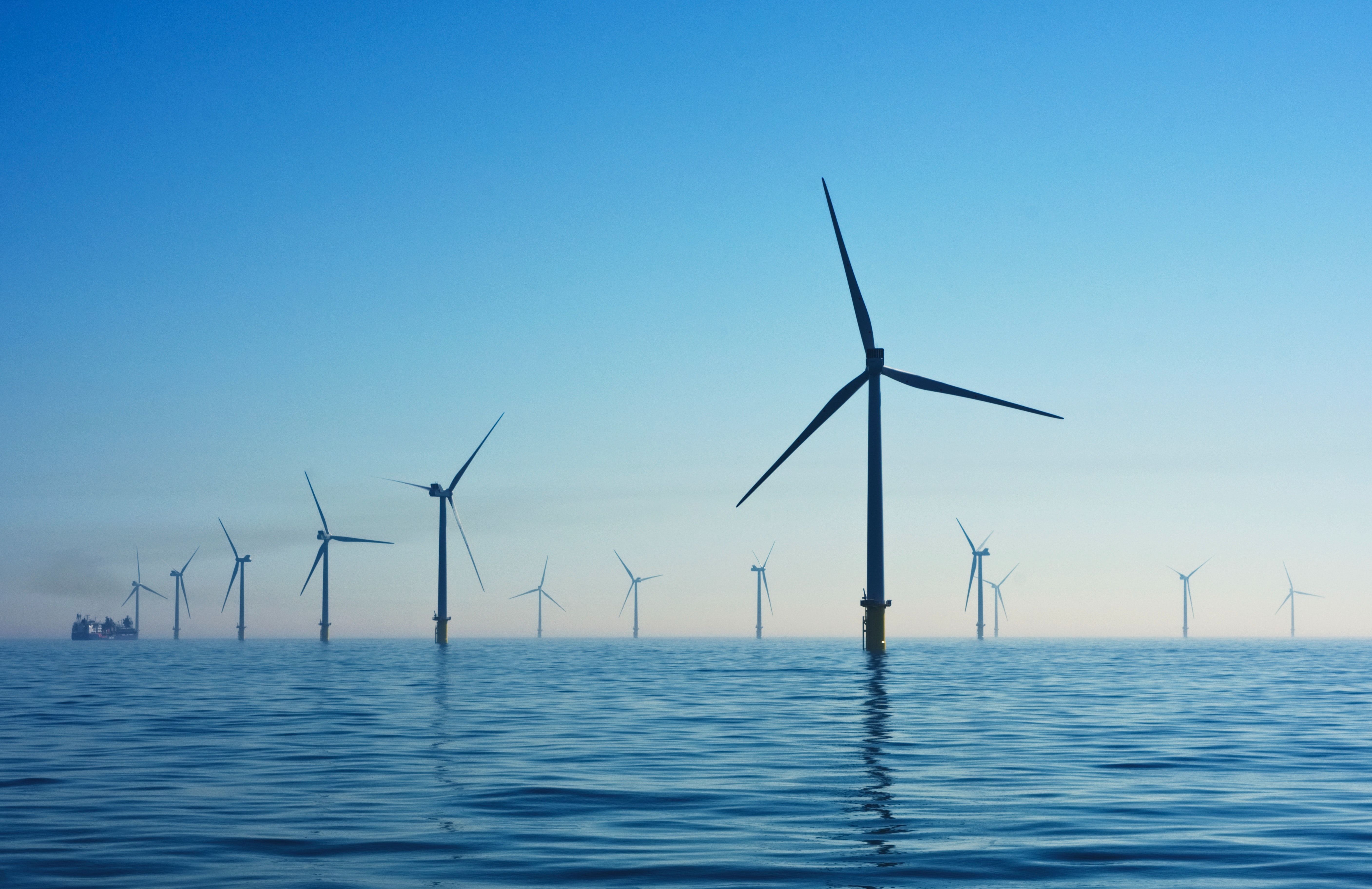“It’s Scotland’s oil.”
For a generation this simple slogan summed up the economic case for Scottish independence. The SNP came up with the line in the early 1970s – back when newspapers were breathlessly reporting stories of “black gold” under the North Sea.
Party chiefs hoped they could exploit the hope many Scots felt about the future – and ram home that a new state would be affordable. In fact, the SNP made some of its first significant electoral breakthroughs on the back of the ‘It’s Scotland oil’ campaign.
Even ahead of the 2014 independence referendum – long after the old slogan had been parked for good – some Scottish nationalists were still putting fossil fuels at the centre of their pitch. Nicola Sturgeon, now first minister, talked of a new oil “boom”.
Well, not any more, for two simple reasons.
First, oil prices have plunged as deep as the sea they lie under, meaning oil and gas are just not generating as many dollars as they once did. And, second, a wide body of scientific opinion thinks hydrocarbons, thanks to the climate emergency, are better left where they are.
These twin realities are beyond politics. But just how far the SNP have moved away from petro-independence was underlined last month when the party entered a formal alliance with the Scottish Greens.
The two parties – both of which are on the centre-left and support the re-establishment of Scottish statehood – have long been allies. But now they are closer than ever before with a power-sharing deal agreed last month. Two Green politicians – the party’s co-leaders Patrick Harvie and Lorna Slater – have joined the SNP-led government as junior ministers. The pair were quickly dubbed ‘greenisters’ – a joke that only really works if you remember that the Scots for ‘minister’ is ‘meenister’. They are the first Greens to get their hands on any power anywhere in the UK.
“This historic cooperation agreement is founded in a shared drive to work together in the Scottish government to build a greener, fairer, independent Scotland,” Sturgeon announced. “We have massive challenges to overcome: a global pandemic and its lasting effects, the climate emergency, and the assault by the UK government on the powers of our parliament.”
More Unionists losing their minds over the SNP/SGP don't-call-it-a-coalition? Sounds like t-shirt time again. Thanks @bellacaledonia for the idea. https://t.co/X2zbHxcwnE pic.twitter.com/be7LtkMNhC
— stewartbremner (@stewartbremner) September 4, 2021
Harvie echoed her. “We are at a crucial tipping point in terms of our relationship with the planet,” he said as he stressed that he would be putting the climate emergency at the centre of his new ministerial role, which will include zero-carbon buildings. Slater, meanwhile, will work on the drive to net zero.
These are big jobs. Scotland has a good record, one of Europe’s best, on clean electricity – thanks to its abundant supplies of wind power. But it also remains addicted to gas central heating; indeed progress to de-carbonise homes lags well behind peer nations.
There is a lot to talk in Scotland about the climate emergency – and the country will later this year host the COP26 Global summit on reducing carbon emissions. Well, the UK will formally welcome delegates to the conference, which will take place in Glasgow. English press reports this week suggested Prime Minister Boris Johnson wanted to sideline Scottish ministers, fearing they would use the event to showcase independence.
That reflects that fact that the main public conversation in Scotland right now is not about how to reduce CO2 – it is about the SNP-Green alliance. Pro-UK leaders and commentators do not like this new pact one little bit.
Andrew Neil, a Scottish-born journalist and broadcaster, launched an astonishing attack on the new government in the Mail on Sunday. The Greens, he said, were “Anti-Britain Marxist Eco-Zealots”. Some Scottish environmentalists found that line so funny they ordered t-shirts run up with the quote emblazoned on the chest.
I’m an Eco-Zealot Marxist and so is my wife pic.twitter.com/xywpHaMJur
— Greig Liddell (@greig1297) August 28, 2021
A new attack line was emerging on Scottish independence: the SNP had got in to bed with Green “extremists”. Was it fair? Not really, the Greens are no Marxists.
Conservatives called the power-sharing deal a “coalition of chaos”, a catchphrase they had previously rolled out to describe any potential arrangement between Jeremy Corbyn’s Labour and the SNP.
Douglas Ross, the Scottish Tory leader, said: “The SNP-Green government will be anti-jobs, anti-business, anti-families, anti-drivers, anti-oil and gas.
“Nicola Sturgeon failed to win a majority, so she needs a hand to ramp up the division and push for indyref2.”
He was quite right that Sturgeon’s SNP on its own had fallen short of an absolute majority under Scotland’s PR system. The party has long relied on Green votes to prop up its budgets. And, of course, it is only with the Greens that the SNP manages to secure a parliamentary majority for a second independence referendum, the indyref2 Ross was talking about.
To seal a nationalist deal with the Greens, @NicolaSturgeon is abandoning our oil and gas industry and the 100,000 jobs it supports.
— Scottish Conservatives (@ScotTories) August 13, 2021
Only the @ScotTories support Cambo and a sensible transition to net zero that protects jobs.
🇬🇧🏴It's Scotland's Oil - our jobs depend on it. pic.twitter.com/w5aoHGHUhW
His remarks, however, raised eyebrows. The ‘anti-family’ line sends a slight shiver through liberals concerned for gay rights. But is the SNP, as Ross said, now “anti-oil and gas”?
Sturgeon earlier this summer was non-committal about whether a new oil field west of Shetland called Cambo should be developed. She can duck this issue, because licences for hydrocarbon exploitation are a matter for UK authorities. The field should be ‘re-assessed’, she said. Labour and Friends of the Earth accused the first minister of hiding behind Johnson. But her lack of enthusiasm was noted, including by some nationalists.
Alex Salmond, former first minister, host of a chat show on RT and leader of the tiny and unelectable pro-independence party Alba, rounded on the new alliance.
"The future of North Sea, the communities it benefits, the jobs it supports, and the economic advantage to Scotland merits much more serious consideration than what currently looks like student politics masquerading as coalition building,” he said.
The Green response? Salmond and his “band of misfits” had been sent packing at the elections.
The Tories leapt, meanwhile, at the chance to be the real defenders of the North Sea – and all the jobs it still creates. And they even re-purposed an old slogan to rub this home. “To seal a nationalist deal with the Greens, Nicola Sturgeon is abandoning our oil and gas industry and the 100,000 jobs it supports," the party tweeted. “Only the Scottish Tories support Cambo and a sensible transition to net zero that protects jobs.
“It's Scotland's Oil.”








